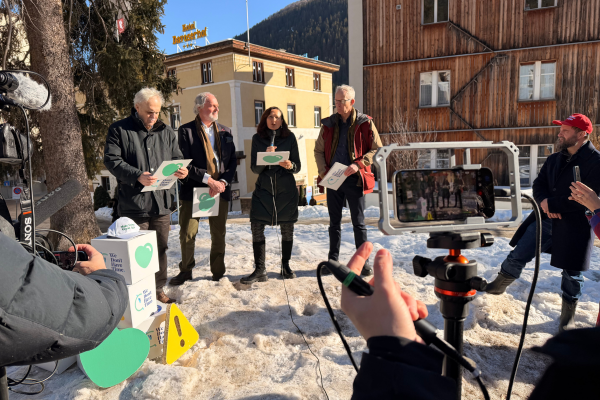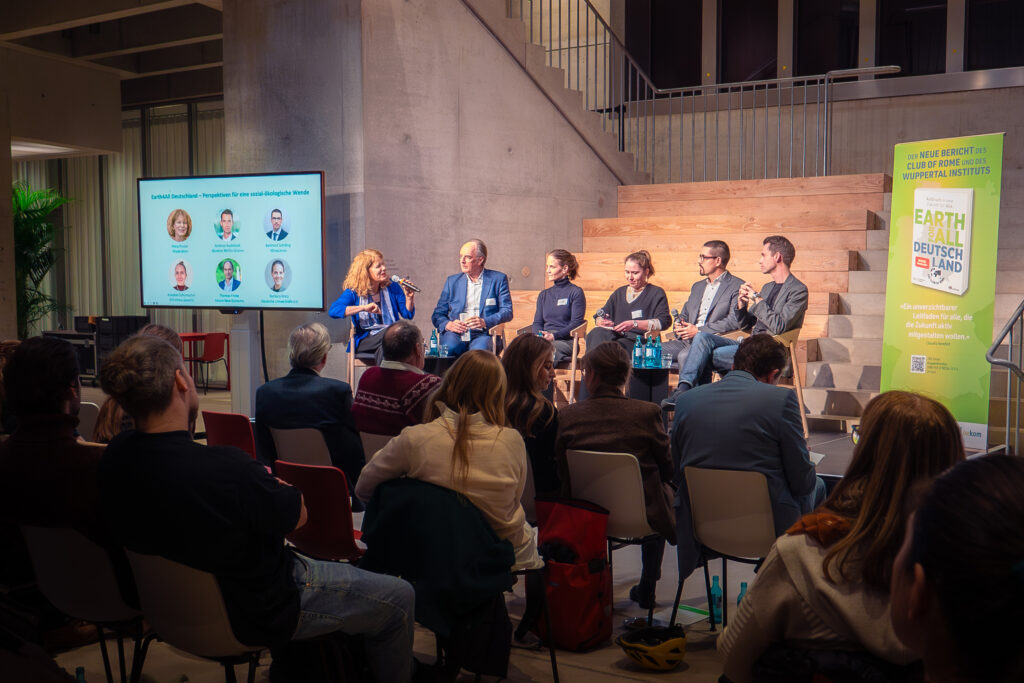Adapted using content from the Millenium Institute’s recent news post.
We are delighted to share the exciting news of Earth4All’s collaboration with the Millennium Institute for an upcoming project which aims to expand the global Earth4All modeling work to a national level by implementing the five extraordinary turnarounds. In this groundbreaking initiative, the Millennium Institute’s Integrated Sustainable Development Goals (iSDG) model will be utilized in two pilot countries, namely Austria and Kenya.
The iSDG model: a powerful tool for sustainability
The iSDG is a cutting-edge system dynamics model that captures the complex interplay of the environmental, social, and economic domains of sustainable development. This comprehensive model allows users to assess the impact of policy interventions in the medium and long term. National governments have successfully used it to evaluate transition pathways towards the Sustainable Development Goals (SDGs).
The new project will use the iSDG model’s extensive repertoire of thirty-two policy interventions and four financing options. Ranging from subsidies and transfers to climate change adaptation and fiscal pressure distribution, the model has the capability to assess a wide array of policies, making it ideally suited for evaluating the five turnarounds identified by Earth4All.
Assessing Earth4All’s five turnarounds with the iSDG Model
The project activities include data collection from international sources and calibration of the iSDG model to the specific national contexts of Austria and Kenya; simulating scenarios, defining policy scenarios, and conducting a comprehensive analysis of the policy scenarios. We will further tailor the model to incorporate Earth4All’s five turnarounds:

- End poverty: Reforming the international financial system to lift 3-4 billion people out of poverty.
- Address inequality: Ensuring that the wealthiest 10% take no more than 40% of national incomes.
- Empower women: Achieving full gender equity by 2050.
- Transform the food system: Providing healthy diets for people and the planet.
- Transition to clean energy: Reaching net zero emissions by 2050.
Giant Leap vs. Too Little Too Late
The project will simulate Earth4All’s two scenarios at the national level: “Giant Leap” and “Too Little Too Late”.
The “Giant Leap” scenario represents an ambitious and proactive approach to address the challenges of sustainable development, while “Too Little Too Late” represents a slower response, where necessary changes are implemented, but not rapidly enough to avoid significant negative impacts.
The outcomes of these simulations will be documented in a policy analysis report, providing insights into the cost of interventions and the potential synergies and trade-offs. The report is expected to be concluded in October 2023.
This partnership between Earth4All and the Millennium Institute is a demonstration of our shared commitment to advancing sustainable development.



